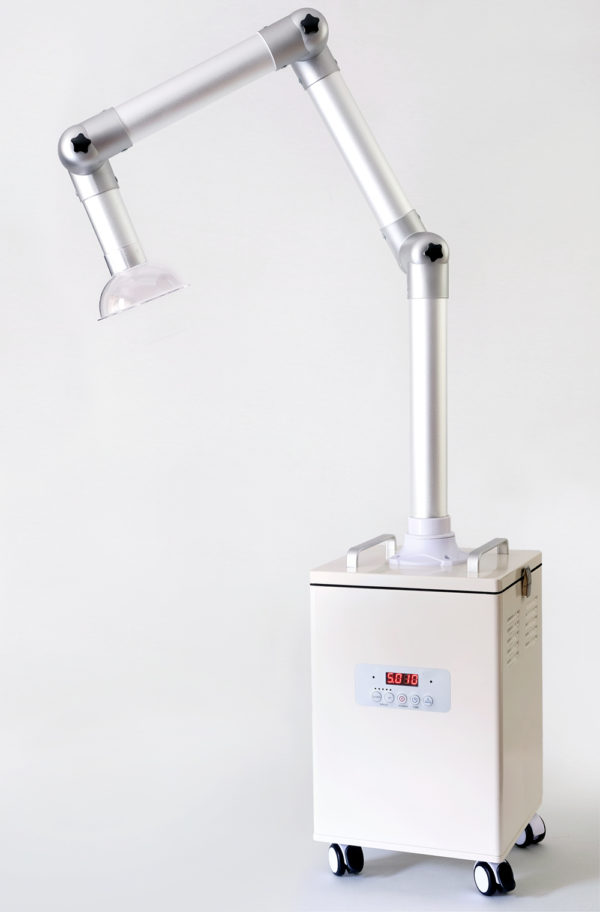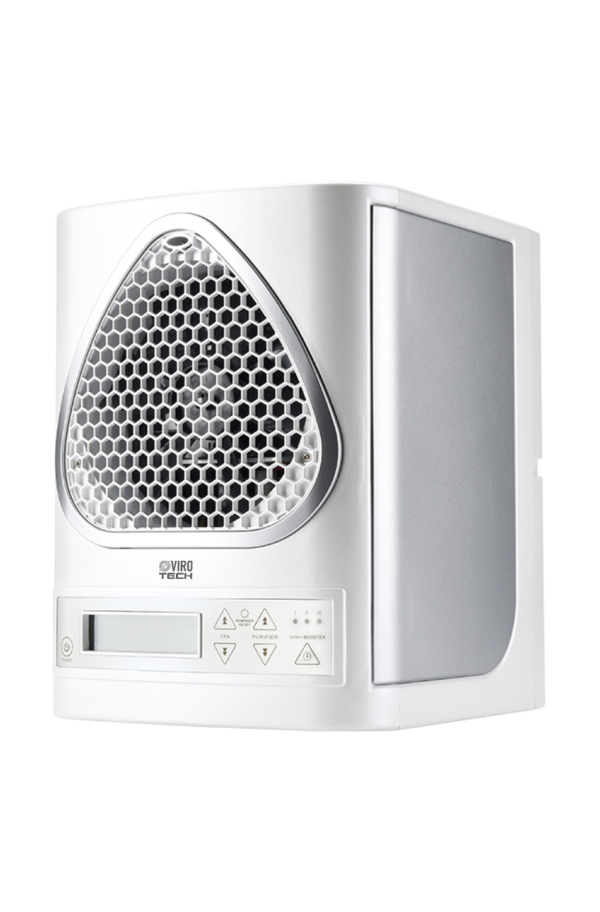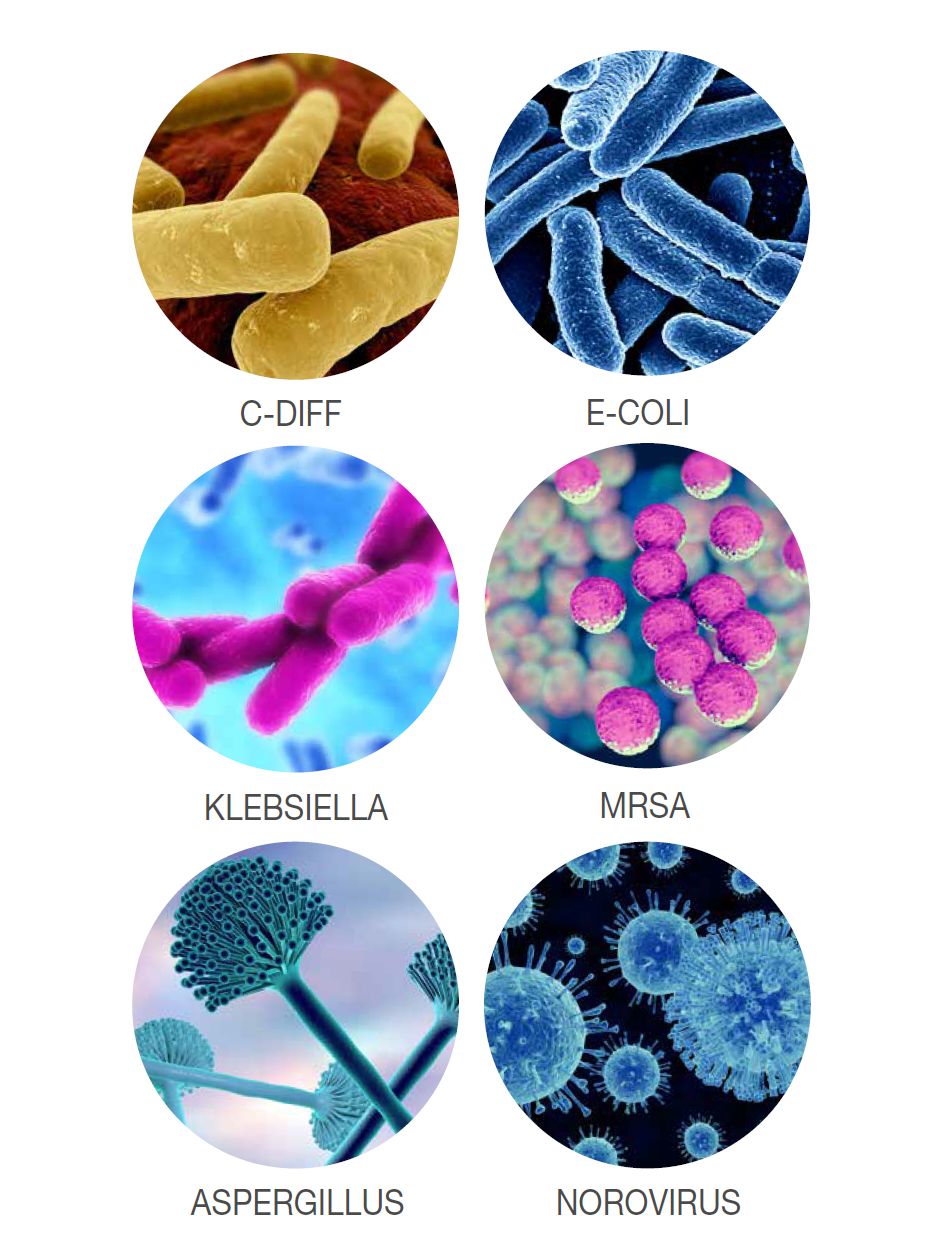High volume evacuators and other solutions for all dental practices trying to stay afloat.
Aerosol in dental procedures is inevitable but invisible. There are many studies suggesting that it is a potential route to the spread of infections. The aerosol will travel and land on masks, clothes, hair and anything else in the surgery. If the patient is healthy, this may not affect them. However, now, with the Covid-19 epidemic, where nobody can really be sure who has the virus, or is a carrier for the virus, each patient needs to be treated as if they are a source of infection. Ultrasonic and sonic scalers, air polishing, air-water syringe, tooth prep with air turbines & air abrasion all produce airborne contamination.
Wiping up after each patient is one way of dealing with the potential hazard, but how do you know you have wiped up every last bit?
According to the JADA article “Aerosols and Splatter – A brief review of the literature and infection control implications” by Stephen K Harrel, DDS, and John Molinari, PhD, a number of things can be done to greatly reduce the potential contamination:
- Barriers in the form of masks, gloves and eye protection are a given, used routinely in every surgery. They only protect whilst on as, once they are removed, contamination is still potentially in the air.
- Pre-procedural rinsing with an antiseptic mouthwash, such as Chlorhexidine, reduces the bacterial count in the mouth, saliva and air.
- High volume evacuators (such as our DPS HVE unit) will suck up the aerosol as it occurs. Placed 15 cm from the patient’s mouth, it removes all the airborne particles and splatter and pulls it through various filters and, in some cases, UV light is used before the air is sent out into the room. HVEs have been used for more than 20 years, for mercury fume removal as well as eliminating bacteria and viruses.
- High-efficiency particulate air room filters and ultraviolet treatment of ventilation system – such as our ViroTech air sanitiser.
We have discovered an additional item which fits in perfectly – an anti-microbial spray that kills Covid-19 on contact and remains on surfaces, hard or soft, for 90 days.
These steps, taken together, should eliminate the risk of coronavirus in the surgery.
Further information and link to the JADA article.


